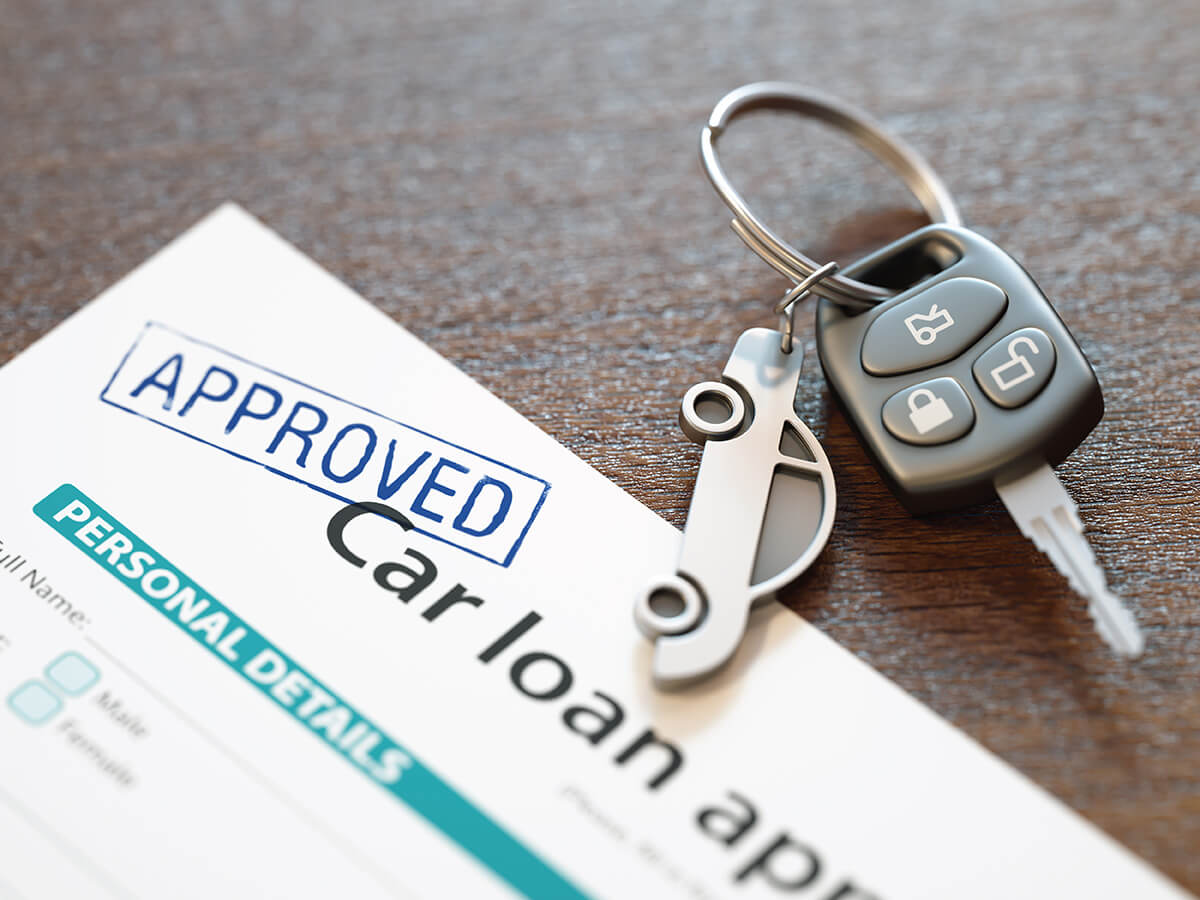Introduction
Buying a car is an exciting milestone in life, but it often comes with the need for financial assistance. This is where a car loan can be a valuable tool. However, understanding the intricacies of a car loan, particularly the Loan to Value Ratio (LTV), is crucial before making any decisions.
In this article, we will understand the concept of loan to value car loan and explain its significance in obtaining a car loan.
Car Loan Basics and Introduction to Loan to Value Car Loan
A car loan is a secured loan tailored for buying a vehicle. When you apply for a car loan, the lender considers various factors such as your credit score, income, and repayment capacity to determine the loan amount they are willing to offer you. One critical aspect that lenders assess is the Loan to Value Ratio (LTV).
Loan to Value Ratio (LTV) is the ratio of the loan amount against the market value of the car being purchased. It measures how much of your loan amount is cushioned by the real-world value of the asset, which in this case is your car.
Calculating Your Loan to Value Car Loan
To calculate the LTV of your car loan, you need two key values: the loan amount and the current market value of the car. The formula for calculating LTV is straightforward:
LTV = (Loan Amount / Car Value) X 100
Let's consider an example. Suppose you are buying a car worth Rs. 3 lakh, and you have borrowed a car loan of the same amount. In this case, your LTV will be 100% (Rs. 3,00,000 / Rs. 3,00,000).
Importance of LTV Calculation for Lenders
Lenders calculate the LTV to safeguard themselves from potential risks associated with loan defaults. When borrowers default on their loans, lenders may face difficulties in recovering the full loan amount by selling the collateral or asset used to secure the loan—in this case, the car.By setting an LTV limit for car loans, lenders ensure that they don't expose themselves to high levels of risk. Loans exceeding the car's market value or including extra amounts for debt repayment may result in lending more than the car's worth, exposing lenders to potential losses.
How Does Loan to Value Car Loan Affect Borrowers?
The Loan to Value Car Loan can impact borrowers in several ways:
- Down Payment Requirement: High LTV ratios increase lender risk, leading to larger down payment requirements to mitigate default risks.
- Loan Terms and Interest Rates: Higher LTV ratios can lead to stricter terms and conditions for borrowers, including higher car loan interest rates or shorter repayment periods.
- Loan Approval: Lenders may be less likely to approve a loan with a high LTV ratio, as it indicates a higher level of risk.
- Additional Collateral: In some cases, lenders may require additional collateral or security when approving loans with high LTV ratios.
- Future Financing Opportunities: A low LTV ratio on your car loan boosts your creditworthiness and financial health. It enhances future loan approval odds and enables better negotiation for terms and rates.
How to Reduce the Loan to Value Car Loan?
Reducing the Loan to Value Car Loan offers several advantages. Here are some tips to consider:
- Make a Larger Down Payment: By making a substantial down payment, you reduce the loan amount and consequently lower the LTV ratio.
- Consider Opting for a Cheaper Car: Choose a cheaper car to lower the LTV ratio and loan amount, fitting your budget better.
- Pay Off Existing Debts: Clear existing debts before a car loan. Less debt means borrowing less for the car, lowering the LTV ratio.
- Negotiate for Better Deals: Negotiate with lenders for better terms. Lower rates and flexible repayments can reduce your LTV ratio.
- Improve Your Credit Score: A high credit score improves approval odds and secures favourable terms like lower interest rates and longer repayments.
Additional read: Tips to Improve Credit Scores While Repaying Car Loan
Conclusion
When considering a car loan, Mahindra Finance is here to assist you. They offer competitive car loan interest rates and flexible repayment options. By partnering with Mahindra Finance, you can take advantage of their expertise in car loans and make informed decisions for your dream car purchase.
FAQs
1) How does Loan to Value Ratio Car affect my car loan eligibility?
A high Loan to Value Ratio Car indicates higher risks for lenders. To mitigate these risks, lenders may require a larger down payment or offer less favourable terms.
2) Can I reduce my Loan to Value Ratio after taking out a car loan?
No, although you can consider making extra payments or refinancing your car loan to lower the Loan to Value Ratio.
3) Is it better to have a lower or higher Car Loan to Value Ratio?
A lower Car Loan to Value Ratio is favourable as it indicates a lower risk for lenders and can lead to better loan terms and car loan interest rates.
4) What happens if my Loan to Value Ratio is too high?
If your Loan to Value Ratio is too high, lenders may be hesitant to approve your loan or may offer less favourable terms.






















































